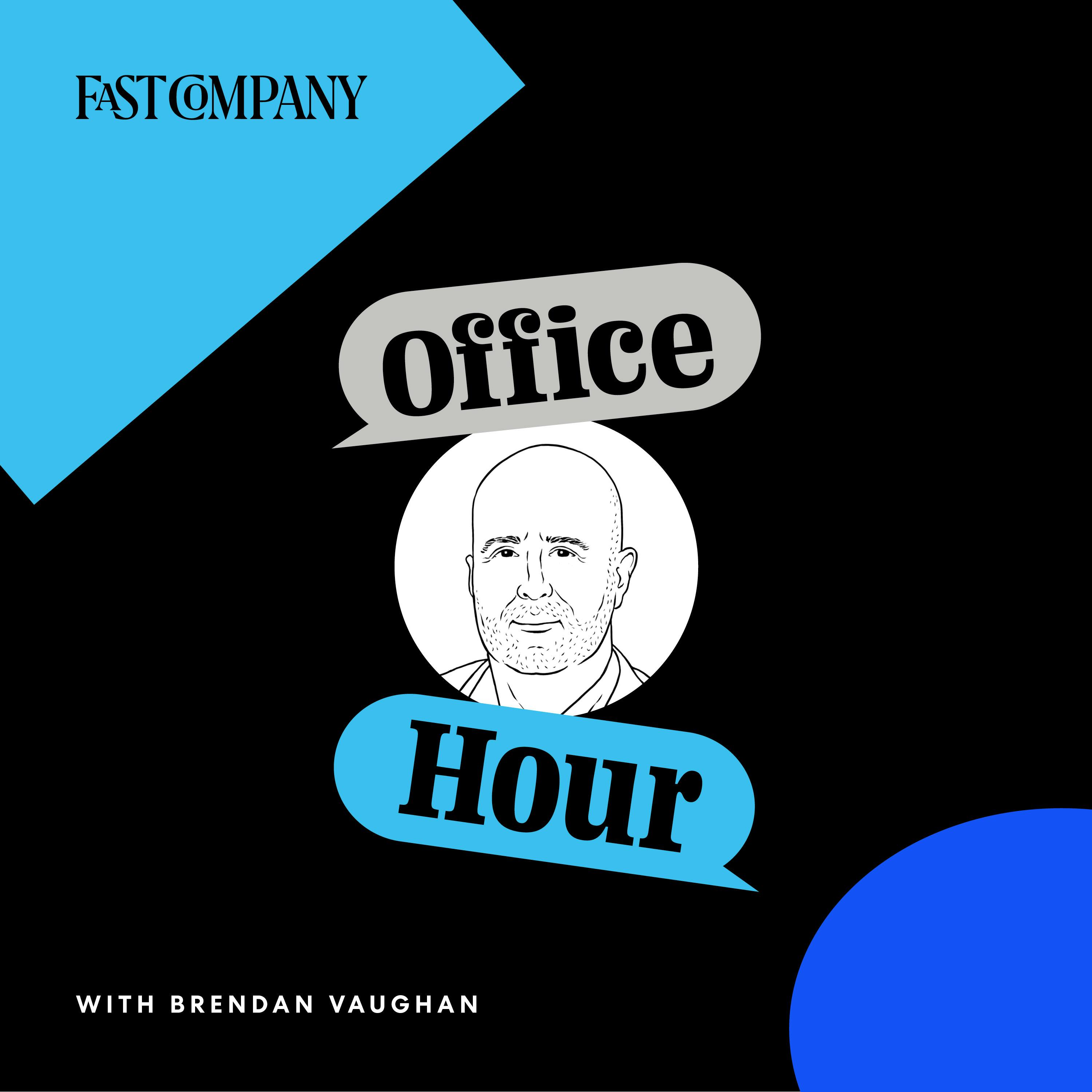Office Hour
Podcast Description
What does it take to lead in a world that never stops changing? Join ‘Fast Company’ editor-in-chief Brendan Vaughan as he sits down with the world’s top leaders in business, government, and culture to explore the trends shaping our world right now. From groundbreaking innovations to shifting workplace dynamics, each episode dives deep into the forces driving change—and the leadership principles that guide today’s most influential minds. Whether you're a forward-thinking executive, an entrepreneur, or just curious about what’s next, ‘Office Hour’ delivers bold ideas and candid conversations that will help you navigate the future.
Podcast Insights
Content Themes
The podcast explores a variety of topics including leadership principles, workplace dynamics, technological innovations, and social trends. Episodes feature discussions like labor movements in response to political shifts, the impact of AI on jobs, and how businesses are adapting to changing consumer behaviors.

What does it take to lead in a world that never stops changing? Join ‘Fast Company’ editor-in-chief Brendan Vaughan as he sits down with the world’s top leaders in business, government, and culture to explore the trends shaping our world right now. From groundbreaking innovations to shifting workplace dynamics, each episode dives deep into the forces driving change—and the leadership principles that guide today’s most influential minds. Whether you’re a forward-thinking executive, an entrepreneur, or just curious about what’s next, ‘Office Hour’ delivers bold ideas and candid conversations that will help you navigate the future.
On today’s episode, Brendan Vaughan talks to ESPN chairman Jimmy Pitaro. For the summer issue of Fast Company Magazine, Jimmy talked to Fast Company about what was then the upcoming launch of ESPN’s first-ever direct-to-consumer offering.
That service launched in August. We wanted to catch up with him about how that rollout has been going, but also to discuss ESPN’s sports betting partnerships in light of recent scandals in the NBA and MLB. PLUS we had to ask him about his chances of succeeding Bob Iger as CEO of Disney, ESPN’s parent company.

Disclaimer
This podcast’s information is provided for general reference and was obtained from publicly accessible sources. The Podcast Collaborative neither produces nor verifies the content, accuracy, or suitability of this podcast. Views and opinions belong solely to the podcast creators and guests.
For a complete disclaimer, please see our Full Disclaimer on the archive page. The Podcast Collaborative bears no responsibility for the podcast’s themes, language, or overall content. Listener discretion is advised. Read our Terms of Use and Privacy Policy for more details.